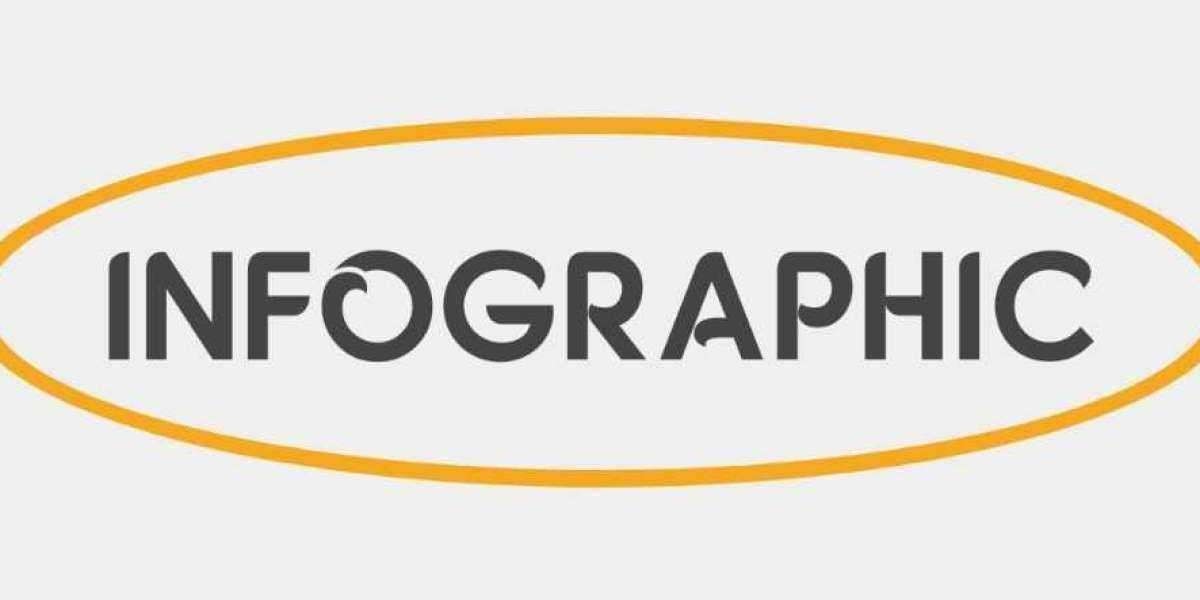As students step into the second year of their B.Tech journey at Dr. A.P.J. Abdul Kalam Technical University (AKTU), the curriculum takes a more focused and technical turn. The AKTU 2nd Year syllabus is designed to build on the foundational concepts introduced in the first year and prepare students for deeper learning in their respective branches. Whether you're pursuing Computer Science, Electronics, Mechanical Engineering, or any other specialization, understanding the syllabus is crucial to excel academically and professionally. At AKTU Hub, we’re here to break down the AKTU 2nd Year syllabus and provide actionable insights to help you navigate this important academic phase successfully.
Understanding the Structure of the AKTU 2nd Year Syllabus
The AKTU 2nd Year syllabus is divided into theoretical courses, practical sessions, and electives, with a clear focus on branch-specific subjects. It is designed to:
- Equip students with technical knowledge and problem-solving skills.
- Emphasize practical applications through lab sessions and projects.
- Lay the groundwork for advanced topics in subsequent years.
Each semester in the second year typically includes core courses relevant to the student's branch, practical labs, and professional electives that allow for specialization.
Branch-Specific Core Subjects
The second year is when students dive into the core subjects of their chosen branch. Here's a brief overview of what to expect in some popular branches:
1. Computer Science and Engineering (CSE)
For CSE students, the syllabus emphasizes advanced programming concepts, algorithms, and system-level understanding.
- Key Subjects:
- Data Structures and Algorithms
- Operating Systems
- Database Management Systems
- Discrete Mathematics
- Computer Organization and Architecture
- Skills Developed: Students learn how to optimize algorithms, manage operating systems, and design databases, which are critical for software development and system design.
2. Mechanical Engineering
Mechanical Engineering focuses on understanding machines and material properties.
- Key Subjects:
- Fluid Mechanics
- Thermodynamics
- Strength of Materials
- Manufacturing Processes
- Skills Developed: Students develop the ability to design mechanical systems and understand material behavior under various conditions.
3. Electronics and Communication Engineering (ECE)
ECE students delve into electronics and signal processing.
- Key Subjects:
- Digital Electronics
- Signals and Systems
- Network Theory
- Analog Circuits
- Skills Developed: These subjects enable students to design electronic circuits and work with communication systems.
4. Civil Engineering
Civil Engineering students focus on building and environmental sciences.
- Key Subjects:
- Surveying
- Structural Analysis
- Environmental Engineering
- Building Materials
- Skills Developed: Students gain expertise in designing and analyzing infrastructure.
Practical Components
Practical learning is a vital aspect of the AKTU 2nd Year syllabus, as it bridges the gap between theory and real-world application. Each branch includes specific lab sessions that complement theoretical learning.
1. Lab Sessions and Workshops
Students are required to participate in hands-on sessions such as programming labs for CSE students or manufacturing workshops for Mechanical Engineering students. These labs aim to:
- Strengthen understanding of core concepts.
- Foster problem-solving and analytical skills.
- Enable students to work with real-world tools and technologies.
2. Mini Projects
Many branches introduce mini-projects in the second year, which allow students to apply their knowledge to practical problems. For example:
- CSE students might design a basic database or write algorithms for specific problems.
- Mechanical students may create prototypes using 3D modeling tools.
Examination Structure and Grading System
Examinations in the AKTU 2nd Year syllabus evaluate both theoretical understanding and practical proficiency.
1. Mid-Semester and End-Semester Exams
- Mid-Semester Exams: Typically held midway through the semester, these assess initial understanding and preparation.
- End-Semester Exams: Cover the entire syllabus and test students' grasp of theoretical and practical concepts.
2. Lab Assessments
Lab performance is evaluated through continuous assessments and viva voce exams. Students are tested on their ability to perform experiments, analyze results, and document findings accurately.
3. Grading System
The AKTU grading system follows a CGPA structure, with weightage given to both coursework and final exams. Here's a typical breakdown:
- Theory Exams: 70-80%
- Lab Work: 20-30%
Career Relevance of the AKTU 2nd Year Syllabus
The second year serves as a crucial stepping stone for students, shaping their professional skills and career trajectories.
1. Development of Technical Proficiency
Subjects taught in the second year build a strong technical foundation that students will rely on in their careers. For instance:
- Data Structures and Algorithms are essential for software engineers.
- Fluid Mechanics is a core skill for mechanical engineers.
2. Industry-Ready Skills
Practical components like labs and mini-projects instill problem-solving and teamwork abilities, which are highly valued in the industry.
3. Internship and Job Opportunities
Second-year knowledge is crucial for securing internships, as recruiters often test candidates on these subjects. At AKTU Hub, we recommend students focus on mastering these topics to make the most of internship opportunities.
Tips for Excelling in the AKTU 2nd Year Syllabus
- Stay Organized: Keep track of coursework, lab deadlines, and exam schedules to avoid last-minute stress.
- Engage in Practical Learning: Make the most of lab sessions and workshops to gain hands-on experience.
- Build a Strong Foundation: Master core subjects, as they are critical for advanced topics in later years.
- Seek Help When Needed: Don’t hesitate to approach faculty members or peers for clarification.
- Explore Beyond the Curriculum: Enroll in online courses or participate in hackathons to enhance your skills further.
How AKTU Hub Can Support Your Journey
At AKTU Hub, we’re committed to helping students excel in their academic and professional journeys. Whether it’s providing detailed syllabus breakdowns, offering study tips, or connecting you with industry experts, we’re here to ensure your second year is a success.
Our platform offers:
- Comprehensive guides on branch-specific syllabi.
- Tips for excelling in practical sessions and exams.
- Resources for finding internships and building professional skills.
Conclusion
The AKTU 2nd Year syllabus is a transformative phase in your academic journey, equipping you with the knowledge and skills to succeed in your chosen field. By understanding the curriculum, engaging in practical learning, and leveraging the resources available at AKTU Hub, you can confidently navigate this critical year and lay the groundwork for a promising career.
Stay focused, stay curious, and make the most of this exciting stage in your B.Tech journey. Let AKTU Hub be your guide every step of the way!



